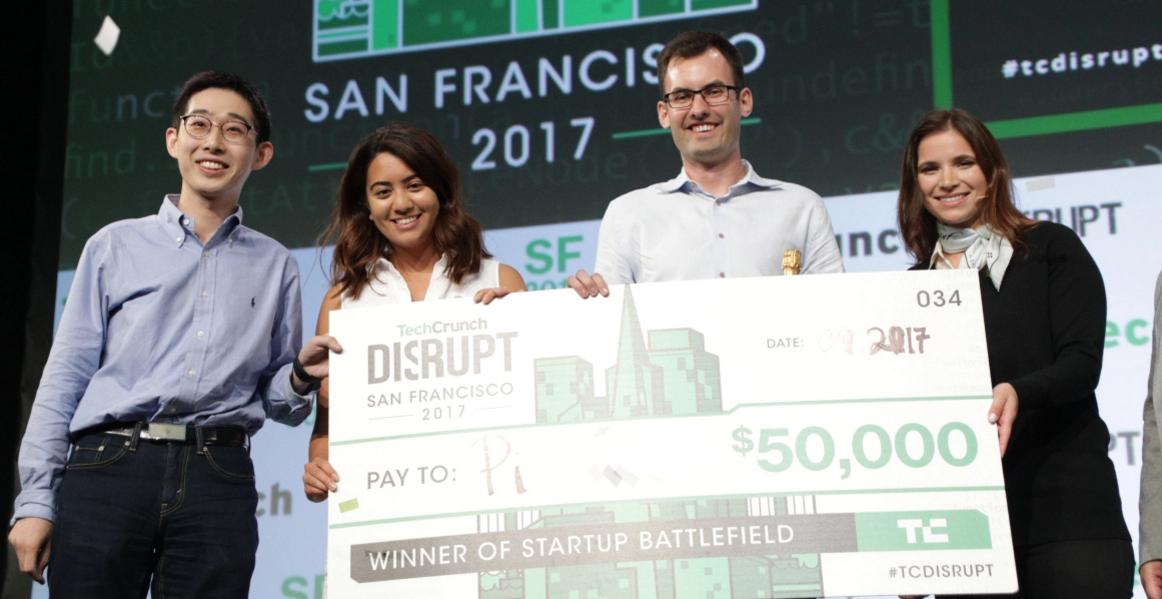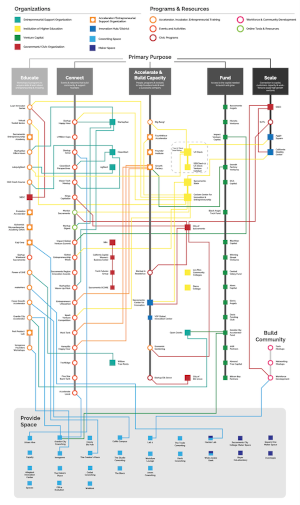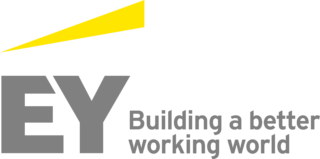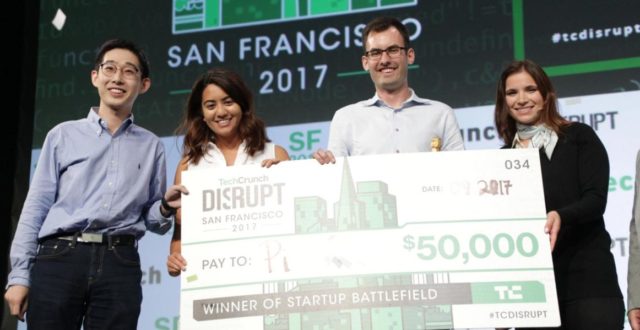
The winner of TechCrunch Disrupt 2017 Startup Battlefield is Pi. They developed a device that allows smartphones and other devices to charge wirelessly . Amazingly, they were able to demonstrate this on stage in front of a live audience. In comparison, in the previous week, Apple annouced their wireless charging pad, Mophie, which is clearly an inferior product. Along with the bragging rights, Pi received a $50,000 cash prize.
Pi and the runner-up, Oneva, got the limelight but there were literally hundreds of startups that particpated at the event that don’t get any attention. I spent three days wandering the floor at Distrupt; talking to scores of startups and I would like to highlight a few of my favorites. So, in no particular order…
Hashgraph
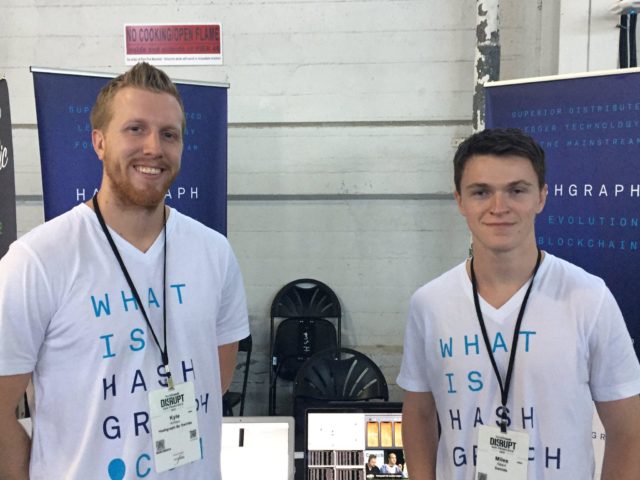
Hashgraph has a bold claim. They stated that their patented algorithm is faster and more secure than blockchain (the underlying technology that enable cryptocurrencies ). Blockchain has been the basis for other startups that have figured out innovative uses for its distributed ledger system. If Hashgraph’s claims hold true, they can potentially replace blockchain in a rapidly growing space.
Waggit
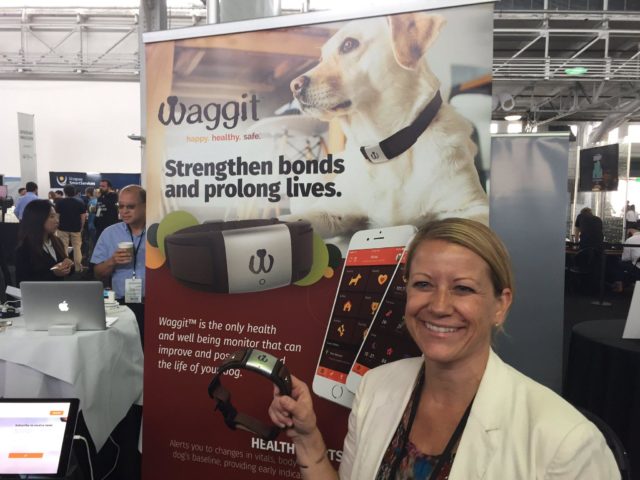
Being a dog owner, Waggit caught my eye. Their high tech collar captures the vitals for dogs which can be tracked on an app. Their point is that dogs can’t tell us when they’re in pain (since they can’t talk-we’ve tried) and that their platform can help diagnose your dog’s health. This can be a useful diagnostic tool for veterinarians.
SparkleCOIN
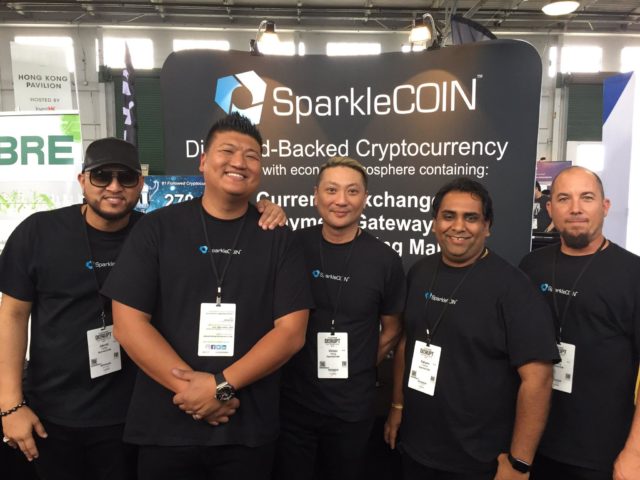
One of the new areas of coverage at Disrupt is Cryptocurrencies and Blockchain. SparkleCOIN is a new cryptocurrency that had their ICO (Initial Coin Offering) at the event. Every SparkleCOIN will be backed by $5 worth of diamonds. In addition, they plan to build a whole ecosystem including an exchange and an ecommerce site.
UnitOneDose
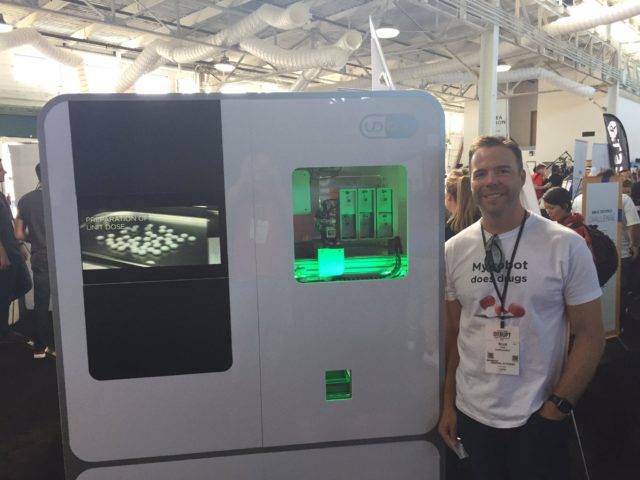
UnitOneDose is a robotic pharmacy dispensary. Their system accurately dispenses the drug in containers that can be only opened by the patient with their wrist band. Having seen how pharemaceutical drugs are dispensed in hospital and retail settings, I immediately saw the benefits. The current process is manually intensive and prone to errors and abuse. I can easily see their device being the standard in hospitals.
JumpStart
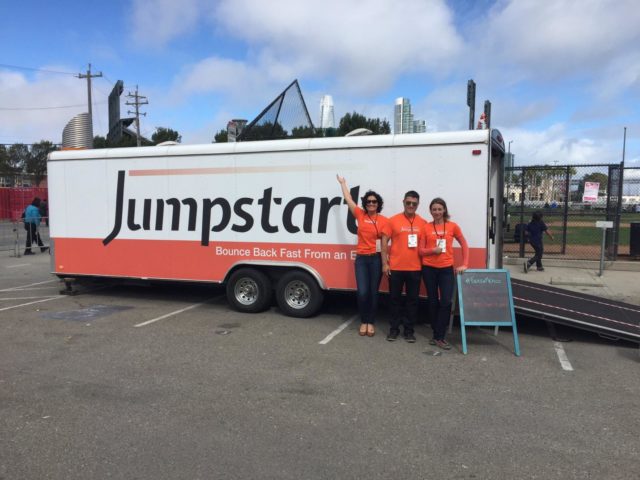
On the final day of Disrupt, Mexico was hit with a 7.1 magnitude earth quake. Coincidentally, JumpStart had an earthquake demonstrator that simulates a 7.9 magnitude earthquake. To see a video click here. It was a pretty impressive demonstration. By the way, JumpStart provides supplemental earthquake insurance.
eggXYt
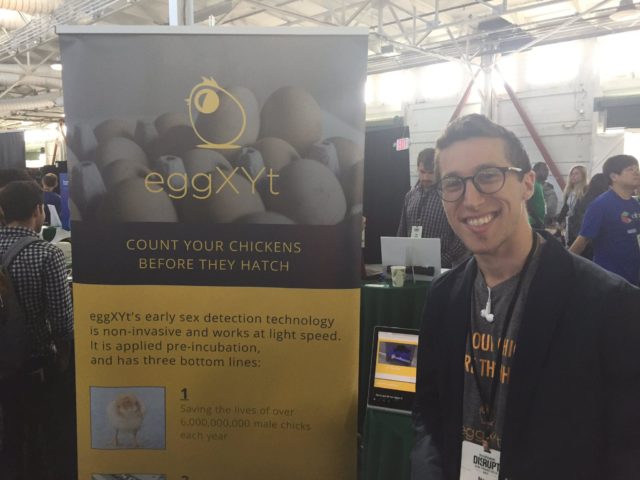
eggXYt is an example of a startup that solves a problem that most people are unaware of (inlcuding myself). In a nutshell, 6 billion male chicks (of a breed that’s meant to lay eggs) are killed annually. Their technology is able to detect the sex of the egg shortly after they’re laid and prevents them from going through incubation process. Their technology can also potentially save $1.5 B annually.
Equbot

Equbot uses artificial intelligence to analzye investment opportunities. Pretty intriguing. They’ve already been using their platform to make investments and claim that it’s done amazingly well. However, because they are currently working in negotiating their A round, they couldn’t provide specifics.
Aris MD
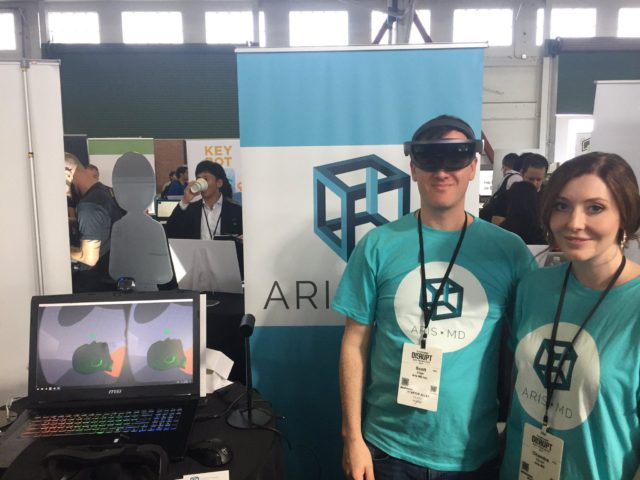
Aris MD has developed a platform that enables surgeons to superimpose patient data (like an MRI) over a live patient using augmented reality (AR). This is probably one of the most practical and innovative uses of AR that I’ve seen.
Stemless

Stemless has developed a solution that allows for online ordering and payment for cannabis dispensaries. For those not familiar with the cannabis industry, it’s primarily an all cash business. Their solution is not just a technical solution but also a legal solution where they had to work and negotiate with banks willing to work in cannabis industry.
Ourotech
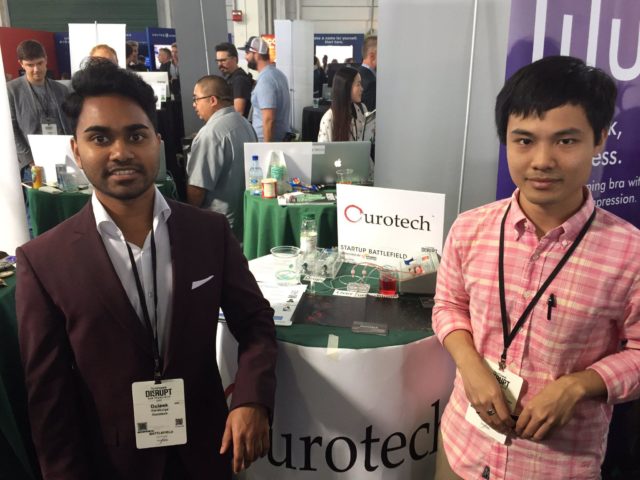
Chemotherapy is painful process as an oncologist goes through trial and error with FDA approved chemical cocktails on cancer patients. Ourotech has developed a testing platform where they can test various cocktails on cancer cells obtained from the patient in a lab environment and then recommend an optimal course of action. This process totally makes sense to me and I can see it becoming standard practice with oncologists.
In the 3 days at TechCrunch disrupt, I talked to scores of startups. I wished I could have highlighted more in this article. It will be interesting to see which of startups become the next big thing.

